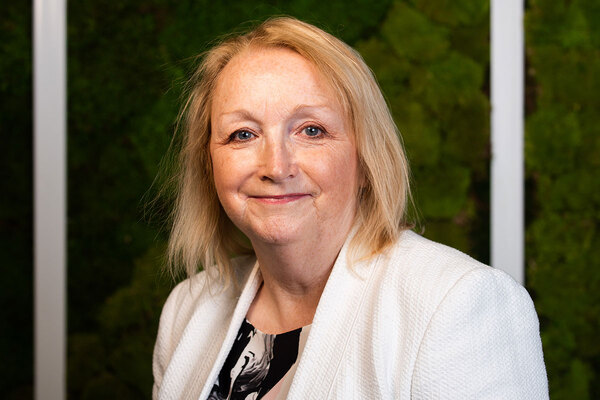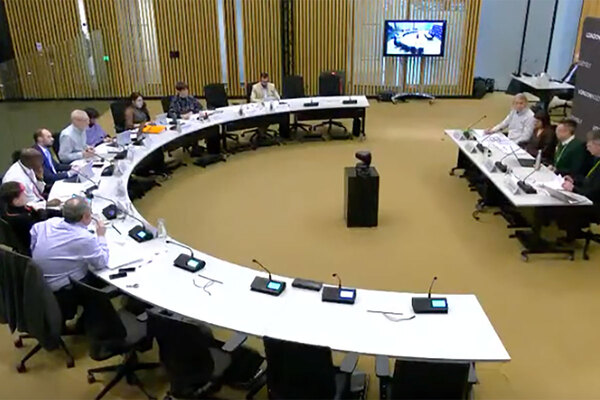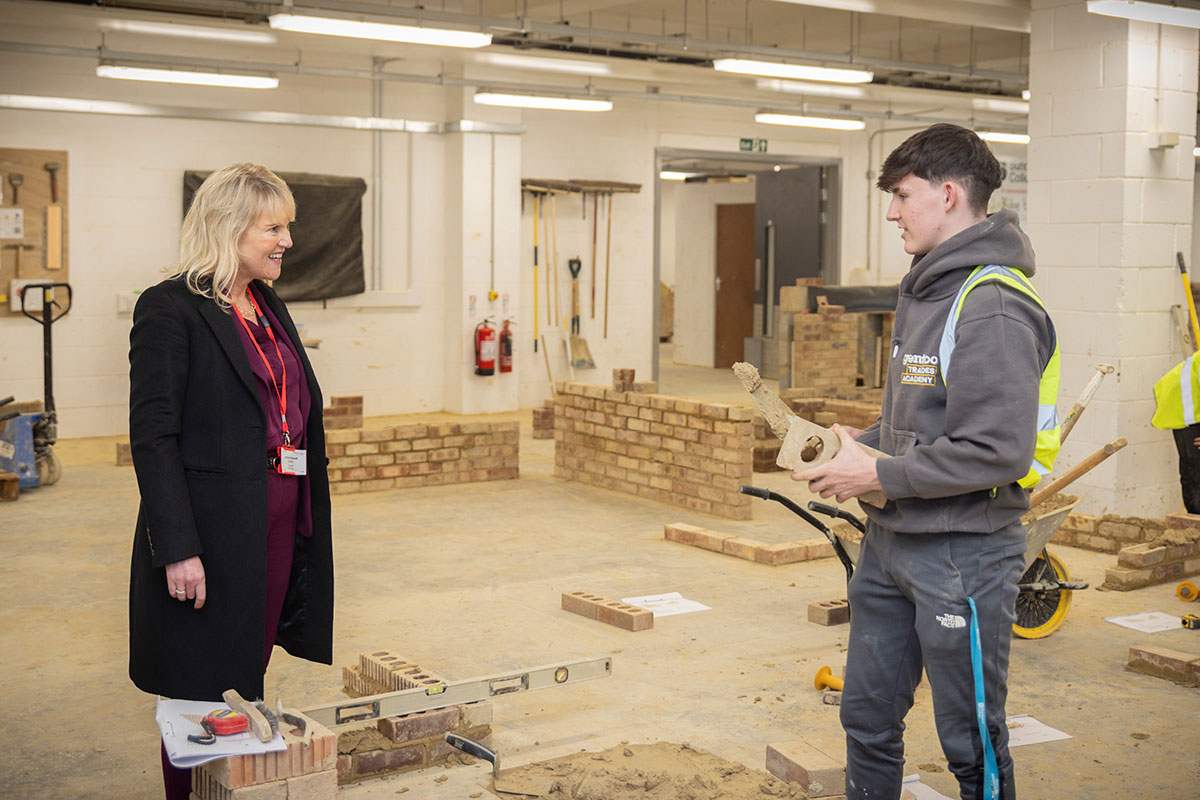New homelessness strategy launched in Northern Ireland
The Northern Ireland Housing Executive has published a new homelessness strategy for the next five years.
The ‘Ending Homelessness Together’ strategy covers 2022 to 2027 and has three strategic priorities: prevention, supporting people to make the transition from homelessness, and providing and sustaining settled and appropriate accommodation.
It includes a commitment to getting those who have experienced homelessness more involved in service design and delivery.
It emerged this month that the number of households in temporary accommodation in Northern Ireland has increased by 74% in the past three years.
The number of children in temporary accommodation has increased by 55% from 2,433 in January 2019, to 3,763 in February 2022.
Between July and December 2021, 7,404 households presented as homeless.
A year one action plan was published alongside the strategy. It sets out 44 actions such as expanding Housing First provision, which is aimed at helping people with high support needs out of homelessness and into sustained tenancies, in Northern Ireland.
It also includes commissioning research on local efforts to address chronic homelessness, implementing a homelessness data action plan, and ensuring effective commissioning structures are in place to prioritise funding.
The NIHE plans to start a rolling training programme for staff across the sector to equip them to deliver “psychologically informed” responses.
Another action is targeting prevention initiatives to those at most risk, such as young people, former care leavers, victims of domestic abuse, those with offending histories, and families with intergenerational repeat homelessness.
While developing the strategy, the NIHE consulted over a period of 10 months, as well as with the Central Homelessness Forum and the local area homelessness groups in place across Northern Ireland.
Communities minister Deirdre Hargey; Grainia Long, chief executive of the NIHE; and Nicola McCrudden, chief executive of charity Homeless Connect, launched the strategy on Wednesday at Stormont.
Once funding is confirmed for next year, the delivery of strategic priorities can be “immediate”, Ms Long said.
She added: “We make the commitment to raising the profile of homelessness and emphasising the impact funding can have in providing vital help to those who are homeless or threatened with homelessness.”
Ms Hargey said: “We must all work together to end homelessness. I want to prevent homelessness, and where it does occur, to support people out of it as soon as possible and ensure it does not recur.
“This strategy strikes the right balance between homelessness prevention and securing suitable accommodation and support for those to transition from homelessness into settled accommodation.”
Ms McCrudden welcomed the strategy and said it “charts a positive way forward”.
“If the strategy is effectively implemented, it will help to prevent and reduce homelessness here,” she said.
She added that homelessness can have “devastating consequences” for the health and well-being of those who have experienced it.
She said: “Access to secure and adequate housing is a human right for everyone who lives here. No one should feel that they have nowhere to call home.”
Sign up for our Northern Ireland bulletin
Already have an account? Click here to manage your newsletters












